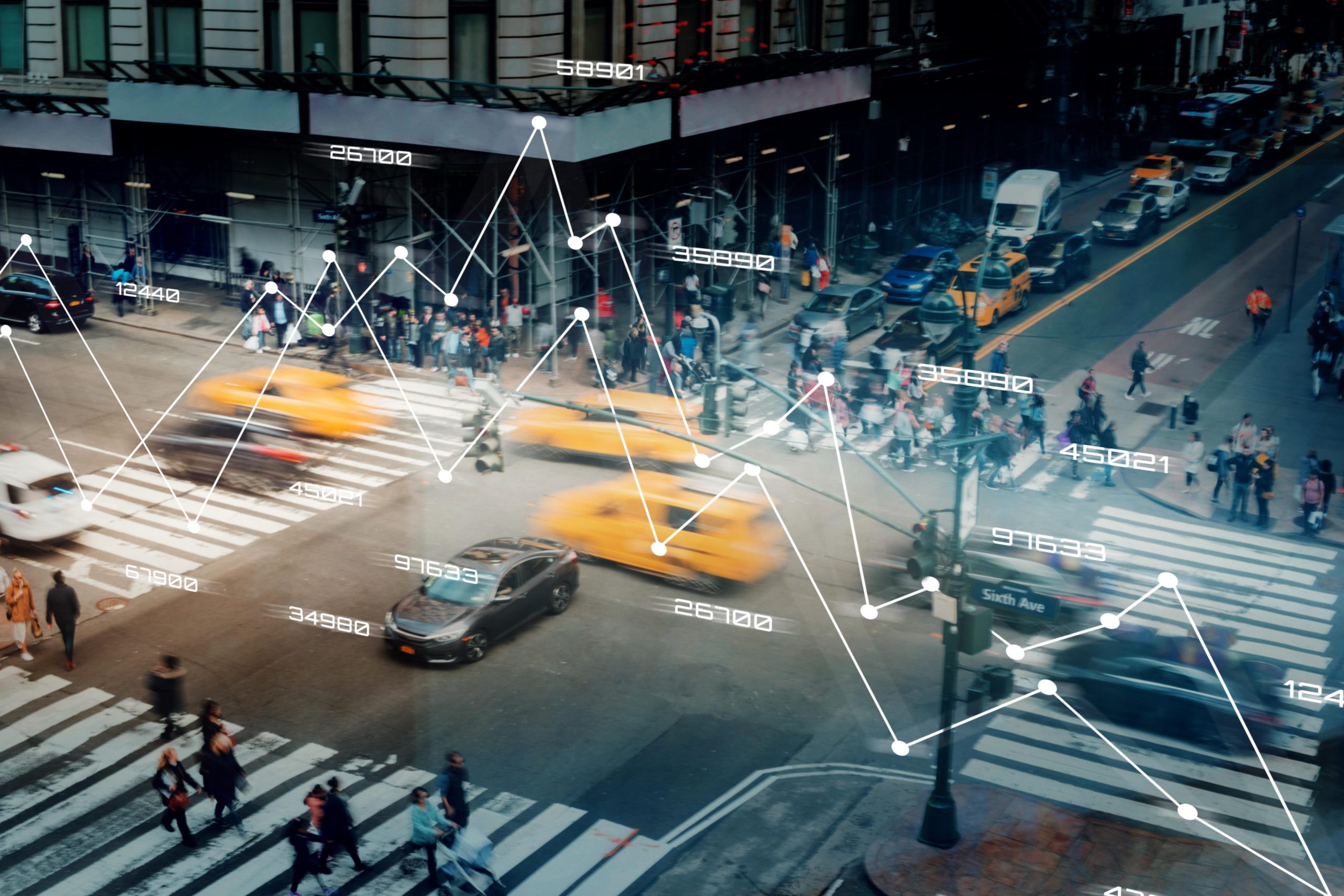The way we navigate cities is undergoing a massive transformation, and at the heart of this change is Mobility as a Service (MaaS). But what exactly is MaaS, and why should it matter to you? In this guide, we’ll explore the concept, its benefits, and how it’s reshaping urban transportation for a smarter, greener future.
What is Mobility as a Service (MaaS)?
Mobility as a Service (MaaS) represents a groundbreaking shift in urban transportation, integrating multiple modes of transport into a single, seamless platform. Imagine having all your travel needs-planning, booking, and paying-handled in one place. Whether you’re using public transit, ridesharing, bike-sharing, taxis, or private transfers, MaaS simplifies the process.
The ultimate goal? To reduce reliance on private car ownership, promote sustainable transport options, and make urban mobility more accessible and efficient for everyone.
Why MaaS Matters: The Urbanization Boom
Cities are expanding at an unprecedented rate. In 1970, only 30% of the global population lived in urban areas. By 2014, that number had risen to 54%, and projections indicate that by 2050, a staggering 66% of people will reside in urban centers. This rapid urbanization places immense pressure on transportation infrastructure, making solutions like MaaS essential for managing congestion, reducing emissions, and improving quality of life.
The Growing Market for MaaS
The demand for shared mobility solutions is skyrocketing. According to the United Nations Department of Economic and Social Affairs, the Global Car Sharing Market, valued at $18.5 billion in 2023, is expected to grow significantly. This highlights the increasing consumer appetite for flexible, sustainable, and integrated transportation options.
Platforms like GetTransfer.com are leading the charge, offering advanced MaaS solutions that include taxis, private cars, and transfers, with a focus on eco-friendly choices such as electric vehicles and carpooling.
Key Benefits of MaaS Integration
MaaS isn’t just about convenience-it’s about creating smarter, greener, and more inclusive cities. Here’s how it benefits individuals, businesses, and urban planners:
- Personalized Transportation: Tailor-made travel solutions that adapt to real-time needs.
- Eco-Friendly Options: Encourages the use of public transit, bikes, and electric vehicles.
- Flexible Commute Solutions: Supports mobility budgets over corporate cars, empowering employees with sustainable choices.
- Sustainable Urban Development: Reduces traffic congestion and carbon emissions, contributing to cleaner cities.
- Cost Efficiency: Saves money by optimizing travel routes and eliminating the need for private vehicle ownership.
How MaaS Works: Key Features
MaaS platforms are designed to be intuitive, adaptable, and sustainable. Here’s what makes them work:
- User-Friendly: Simple interfaces for effortless trip planning and booking.
- Variable: Customizable to individual preferences and needs.
- Dynamic: Real-time updates to navigate traffic disruptions and optimize routes.
- Sustainable: Prioritizes green transport options like electric vehicles and public transit.
- Modular: Seamlessly integrates with existing transportation systems for a cohesive experience.
MaaS in Action: Transforming Urban Mobility in 2025
As cities continue to grow, MaaS will play a pivotal role in shaping the future of urban mobility. By leveraging cutting-edge technology, MaaS platforms provide comprehensive, eco-friendly, and cost-effective solutions that cater to the evolving needs of modern commuters.
From reducing traffic congestion to promoting sustainable living, MaaS isn’t just a trend-it’s a transformative movement toward smarter, greener cities . Platforms like GetTransfer.com are already leading the way, demonstrating how MaaS can integrate various transport modes while prioritizing sustainability and user convenience.
Are You Ready to Embrace the Future of Urban Mobility?
With urban populations projected to soar and environmental concerns taking center stage, MaaS offers a practical and innovative solution to the challenges of modern transportation. Whether you’re a commuter, business owner, or city planner, embracing MaaS means contributing to a more sustainable, efficient, and connected world.
The future of urban mobility is here—are you ready to ride?



Comments